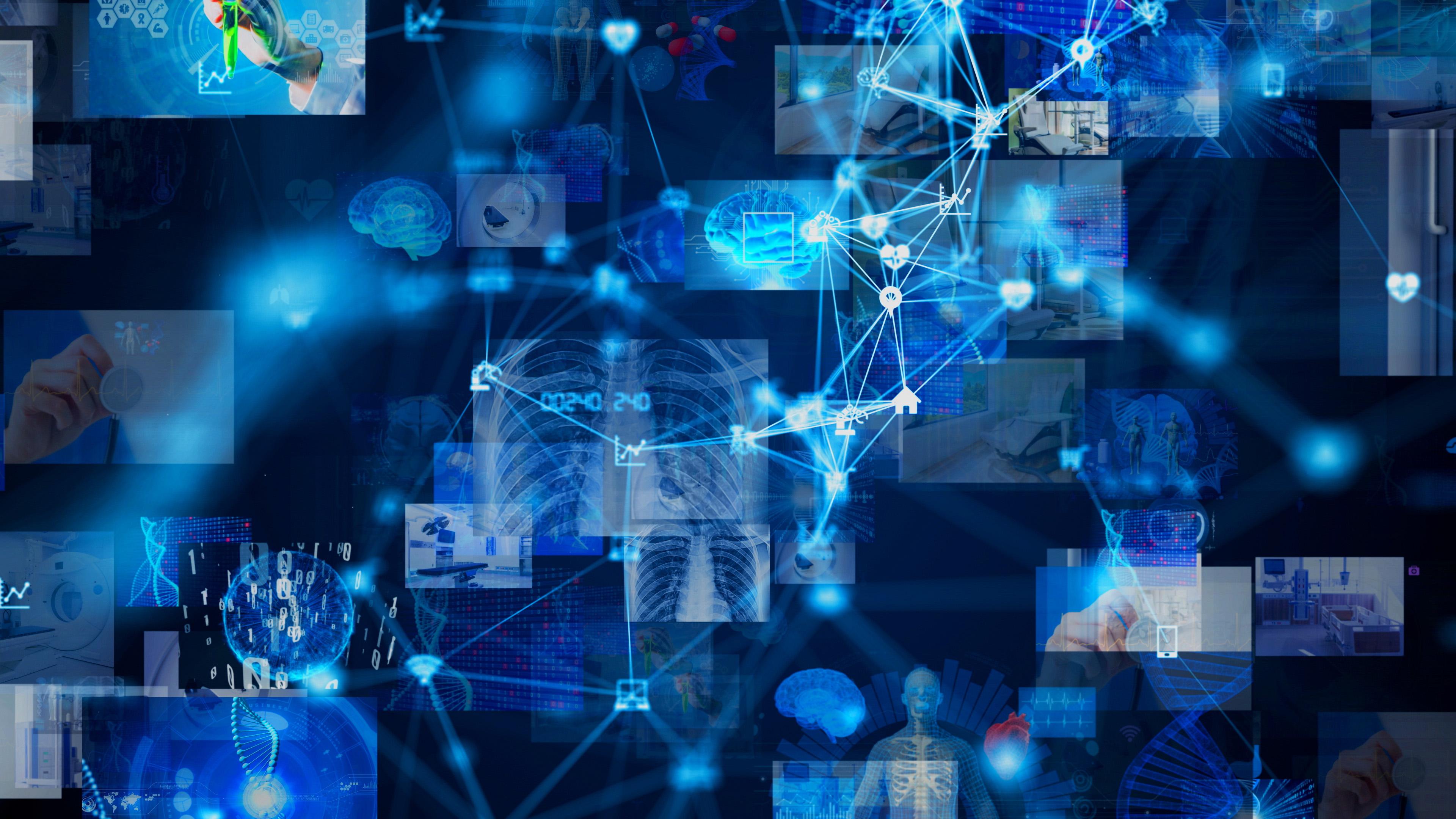Marketing for life science companies - drivers of change

Healthcare’s digital revolution has been transformed into a digital evolution over the last decade and, having redefined the way healthcare operates, it continues to refine the provision of care and information.
Consequently, the life science industry has, as a whole, years’ experience of integrating digital tools and services in its own operations, with many standards and approaches firmly in place and a certain degree of digitisation present in all companies.
But ‘digital’ in itself is no longer a way for the industry to show its innovativeness and gain a competitive advantage – it should be considered as a pre-condition for staying relevant on a transformed market.
During the same period that digital has taken hold across healthcare, doctors and patients have been integrating digital tools into their day-to-day lives to the extent that now a certain degree of digital is to be found everywhere.
This ongoing digital evolution has important considerations for life science marketing, not least from doctors’ and patients’ raised expectations. People expect pharma companies to be like all the other companies they engage with online. That means real-time assistance at their own convenience.
To meet these expectations, pharma and other life science companies need to redefine their vision and long-term mission of providing relevant, pre-emptive, personalised health products and support services.
Marketing as a service
Life science marketing is changing and there are several underlaying drivers that are propelling our sector forwards from not-personal promotional to pull marketing to marketing-as-a-service.
The most important of these three is marketing-as-a-service, the need for which is a consequence of our current ‘new normal’ reality of social distancing amid an ongoing digital evolution across healthcare.
It’s clear that traditional, and somewhat staid, interruption marketing is, or should be, a thing of the past. In its place the previously adversarial physician-industry relationship needs to be reformulated on more collaborative, on-demand terms.
The COVID effect on digital marketing
One element of everyday experiences today that’s inescapable is COVID-19. While the need for change in life science marketing was evident for some time, the global pandemic has hugely accelerated toward digital operations and digital health.
COVID-19 has accomplished an almost-complete digitisation of human relationships, with the way we communicate, ask for - and receive - support, order and get delivered goods, and arrange services, being revolutionised in just a few short weeks.
For life science businesses, now is the time to complete the transition of their marketing toward a multichannel-based model that will provide the foundations for their future marketing needs.
At the same moment, corporate cultural and governance needs to quickly transition to models that are fit-for-the-future, with readjusted attitudes and new ways of operating.
Doing this can provide an opportunity for substantial competitive advantage if a company’s C-suite can concentrate applying digital strategies to the changes we are seeing and make intelligence use of things like telemedicine, chatbots, digital therapies, delivery services and the disintermediation of the supply chain.
While digital transition undoubtedly defined the last decade for healthcare and life sciences, we can be sure that the next 10 years will be shaped by digital health.
About the author
 Ferdinando Scala is strategy director at Healthware International. An advisor for healthcare companies at global level, he specialises in strategy & digital consulting. He is a former international researcher in the field of satellite remote sensing and geographical information systems; and a marketing & sales manager in big pharma companies. Ferdinando is also a dedicated Wikipedia author (20.000+ contributions) and a Collaborative Media expert.
Ferdinando Scala is strategy director at Healthware International. An advisor for healthcare companies at global level, he specialises in strategy & digital consulting. He is a former international researcher in the field of satellite remote sensing and geographical information systems; and a marketing & sales manager in big pharma companies. Ferdinando is also a dedicated Wikipedia author (20.000+ contributions) and a Collaborative Media expert.












